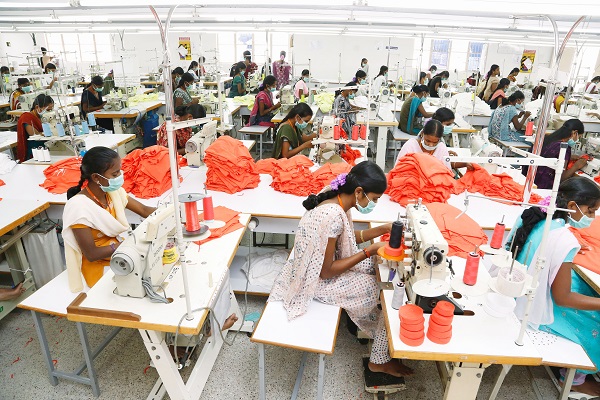A bountiful monsoon has led some analysts to hope for 8% GDP growth this year. Incremental reforms across many areas are improving the country’s economic foundations. Yet Modi must worry about his failure to create the job explosion he promised in his election campaign.
The workforce is expanding, but not formal sector jobs, which now account for barely 6% of all jobs. Labour statistics suggest that new job creation has been decelerating. Informal sector jobs have expanded, and real wages have risen sharply. So, there is no mass distress, and poverty has fallen significantly. But the aspirational classes seeking white collar jobs, who voted for Modi in droves, are not finding their aspirations fulfilled.
Hence, powerful caste groups like Patels in Gujarat, Jats in Haryana and UP, and Ahoms in Assam now seek reservations in government jobs. The IMF says India is the fastest growing major economy in the world, but that doesn’t solve the job problem. When Amroha municipality advertised job vacancies for 114 posts of “safai karmachari” or sweeper, applications came from 19,000 people including MBAs and engineers.
Arvind Panagariya, chief of Niti Aayog, is among the optimists thinking India can replicate China’s success in creating millions of jobs in labour-intensive sectors like garments and shoes. These industries are moving out of China because of rising wages, but not moving to India. Our restrictive labour laws and poor infrastructure are partial reasons. More important, competitors like Bangladesh and Cambodia have lower wages and duty-free access into many foreign markets.
But the biggest threat comes from automation. A recent McKinsey study estimated that automation in the US threatened 73% of jobs in food service and accommodation, 66% in finance and insurance, 53% in retailing, and 59% in manufacturing.
Past predictions of robots killing jobs and creating mass unemployment have always proved false. The amount of work available is infinite. However, in many countries, the new jobs may be in low-end work that people feel is beneath them. US unemployment has fallen to just 4.8%, but real wages have not risen for two decades. So, both Donald Trump and Bernie Sanders have been able to tap a vein of rising fear and resentment over the disappearance of good jobs. They blame globalization, but automation is a greater problem.
Two major industries have so far resisted automation — garments and footwear. Robots can handle rigid materials like steel, but are not good at handling soft materials like cloth and leather. These are still adjusted by hand and stitched by workers using sewing machines in big factories. Western companies do very little R&D in these sectors, having offshored production long ago. Hence automation has been slow.
But now Nike has now come out with a Flyknit shoe robotically knitted from fibres and other materials, like a sock. It has no separate parts that have to be stitched together. It is currently a premium shoe for Olympic athletes. But it portends a new era in which manually sewn garments and shoes will be replaced by automated ones, killing millions of jobs.
The auto industry is moving rapidly towards self-driving cars. Goods may soon be delivered by drones, not humans. Foxconn, which employs over a million workers in electronics manufacturing, says it plans to automate 70% of its work. Even computer software is getting automated, so low-end software jobs are disappearing.
There are no easy solutions for India. Trying to emulate China’s labour-intensive success has very limited potential. India must march up the value chain, relying increasingly on cheap skills, not cheap labour. New technology will constantly destroy old jobs and create new ones. Workers of the future need high skills, flexibility and adaptability.
India is a very long way from that today. Its educational system is dismal at every level. Without fixing that, the skilling problem cannot be overcome just by apprenticeships or vocational training. Millions of youths today go to useless universities, obtain useless degrees, and so cannot find the white collar jobs they desire. An explosion of private engineering colleges has tripled total seats to almost 1.5 million in the last decade. But their quality is so pathetic that the IT industry says hardly one-tenth of graduates are employable.
There’s no space in this column to discuss ways to overhaul education and skilling, but it’s all important. As automation gathers pace, cheap labour will cease to matter and high skills will become vital. We stand warned.



I would like to see your suggestions as to how and where we can improve to match up for the new age jobs/skills.